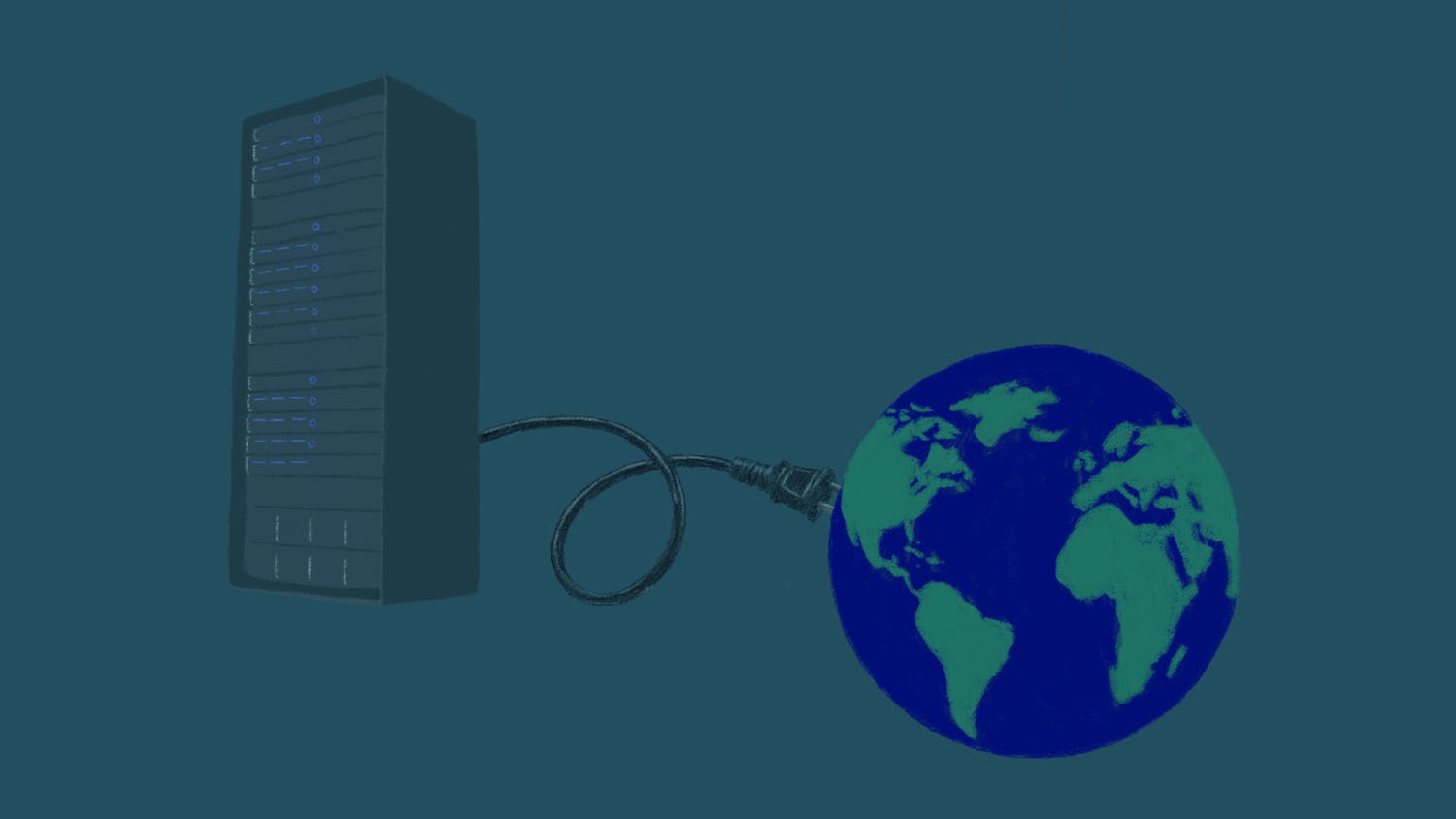The president of the United States referred to several sovereign nations as “shithole” countries, a statement that’s evidence of an identity crisis our nation is currently enduring: The realization that we may not be the best dog in the fight anymore.
One area where this crisis is most apparent is poverty.
The developing world, comprised of primarily black and/or African countries, is where we like to pretend poverty lives. We see poverty as endemic to those nations and communities, while we see poverty as a conundrum the United States is immune from.
President Trump’s comments perfectly reflect this sentiment.
The practice of voluntourism is an example of how we associate poverty as otherworldly. We are so quick to pay exorbitant amounts of money – crowd-sourcing funds from friends and family – to spend a spring break or a summer abroad in a foreign country addressing the poverty found there.
But what about our own backyard? Much of what we associate with “developing” nations – poverty, poor public and environmental health, depleted economies and hunger – exists right here in our own backyard.
And y’all, it doesn’t just exist. It is arguably and demonstrably among the worst in the world.
As 2017 wrapped up, UN’s special rapporteur on extreme poverty and human rights, Philip Alston, visited the American South to document extreme poverty around the globe. What he saw wasn’t pretty.
Diseases thought to be eradicated in America for over 100 years, like hookworm, still thrive in portions of Lowndes County, Georgia.
“I think it’s very uncommon in the first world,” Alston said, referring primarily to the “black belt” region. “This is not a sight that one normally sees.”
The state of sewage systems was particularly appalling to Alston. Many residents cannot afford septic systems, nor are they connected to public sewage lines. The majority resort to rigging their own systems with PVC pipe, considering it the norm for public health.
I drone on and on about the depressing state of our state to emphasize my previous point: Much of what we associate with “developing” nations exists right here in our backyard.
If we are willing to fly thousands of miles to make a difference for a week or a month, then we ought to be willing be making long-term, consistent investments in the communities around us. The communities we interact with on a daily basis – communities composed of our fellow humans, our fellow Alabamians.
I want to be clear that I don’t mean to assert a false dichotomy where we can only care about poverty abroad or poverty at home at one time. We can care about both. I am not complaining that people are willing to travel across the world to promote equity.
It just feels an awful lot like we don’t do much caring about the crippling poverty within our own cities, states and country.
Our presumptuous superiority concerning our way of life permits us to ignore the injustices occurring around us.
People may assert that we’re broke. And yes, our budgetary circumstances aren’t the most appealing.
But our budget is a result of deliberate choices that went into building our tax code. It didn’t appear out of thin air. In the richest nation in the world, the richest in the history of the Earth, we can surely figure out a way to provide basic, reliable public utilities like sewage and electricity.
Not only it is dehumanizing to those who must endure environmental injustice, but it holds us all back.
Poverty is a political choice, not some inconsequential apparition. If Alabama wants to harness our advantages for the greater good, we must make the conscious choice to make and sustain fighting poverty as a central, communal goal. It’s past due time we equip our politicians to make new choices in the quest for a new standard, where our nationalism is viewed through the lens of our social health.
Do you like this story? The Plainsman doesn't accept money from tuition or student fees, and we don't charge a subscription fee. But you can donate to support The Plainsman.




